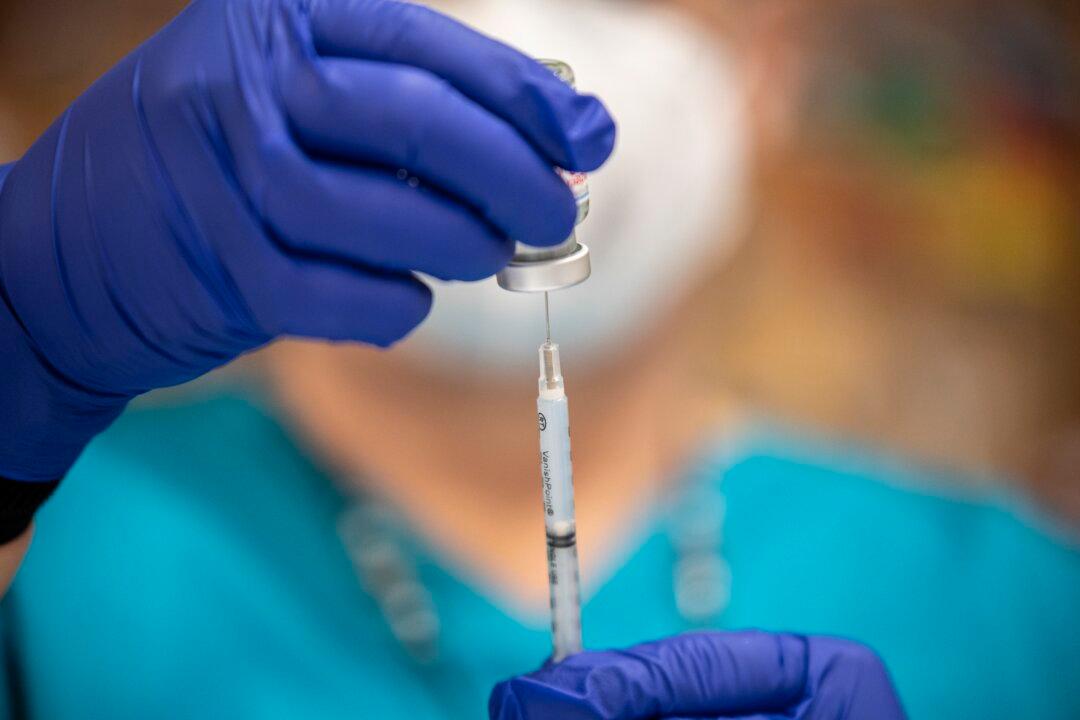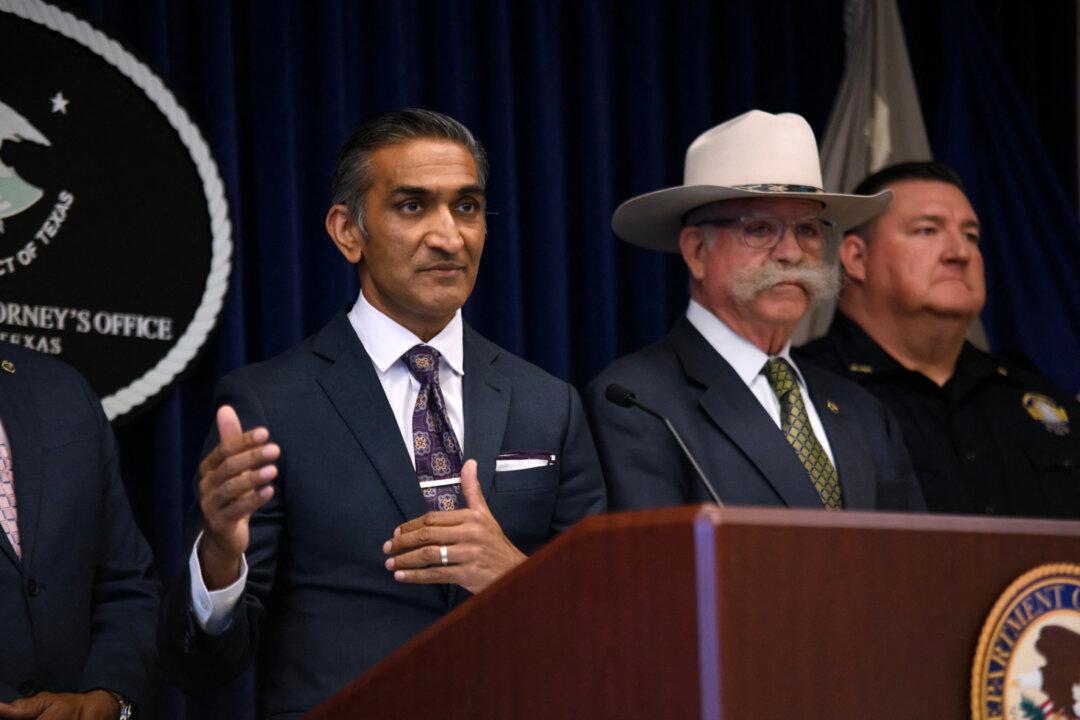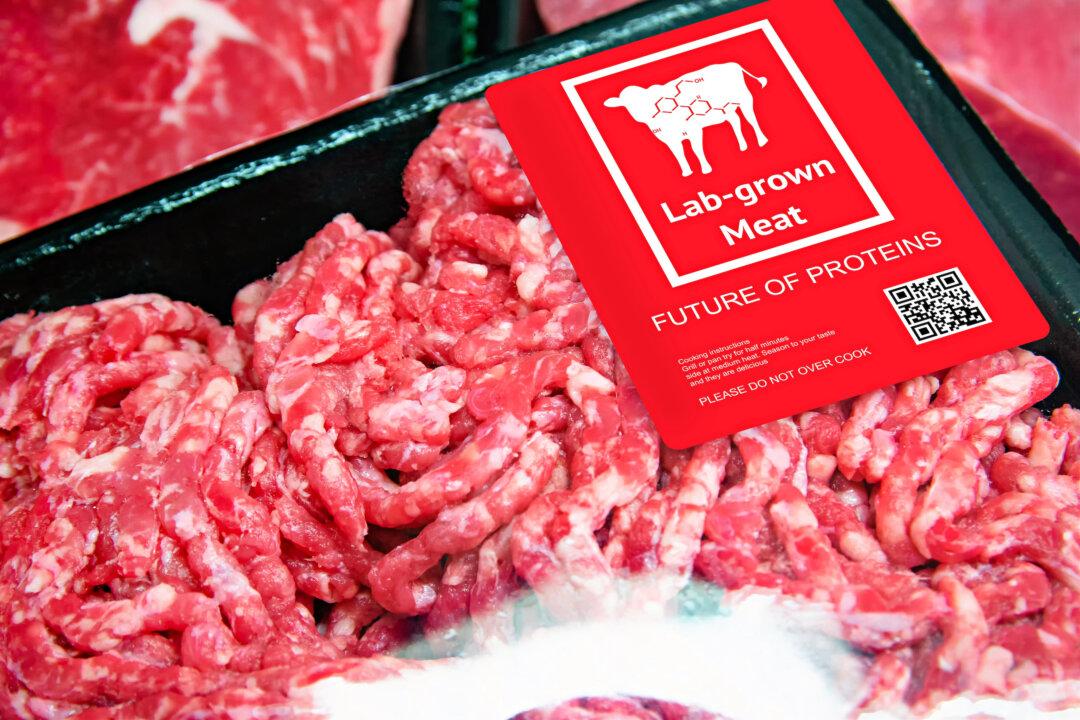A Harvard study that claimed eating red meat can increase the risk of diabetes has come under fire from a nutrition expert who says that the researchers’ data fail to support their conclusions—and that the overhyped headlines that followed amounted to disinformation.
The study, which was published on Oct. 19 in The American Journal of Clinical Nutrition, claimed that people who ate just two servings of red meat per week could have an increased risk of developing Type 2 diabetes compared to people who ate fewer servings, and with the risk rising higher with the more meat consumed. Researchers also found that replacing red meat with plant-based protein sources, such as nuts and legumes, was associated with a reduced risk of diabetes.





